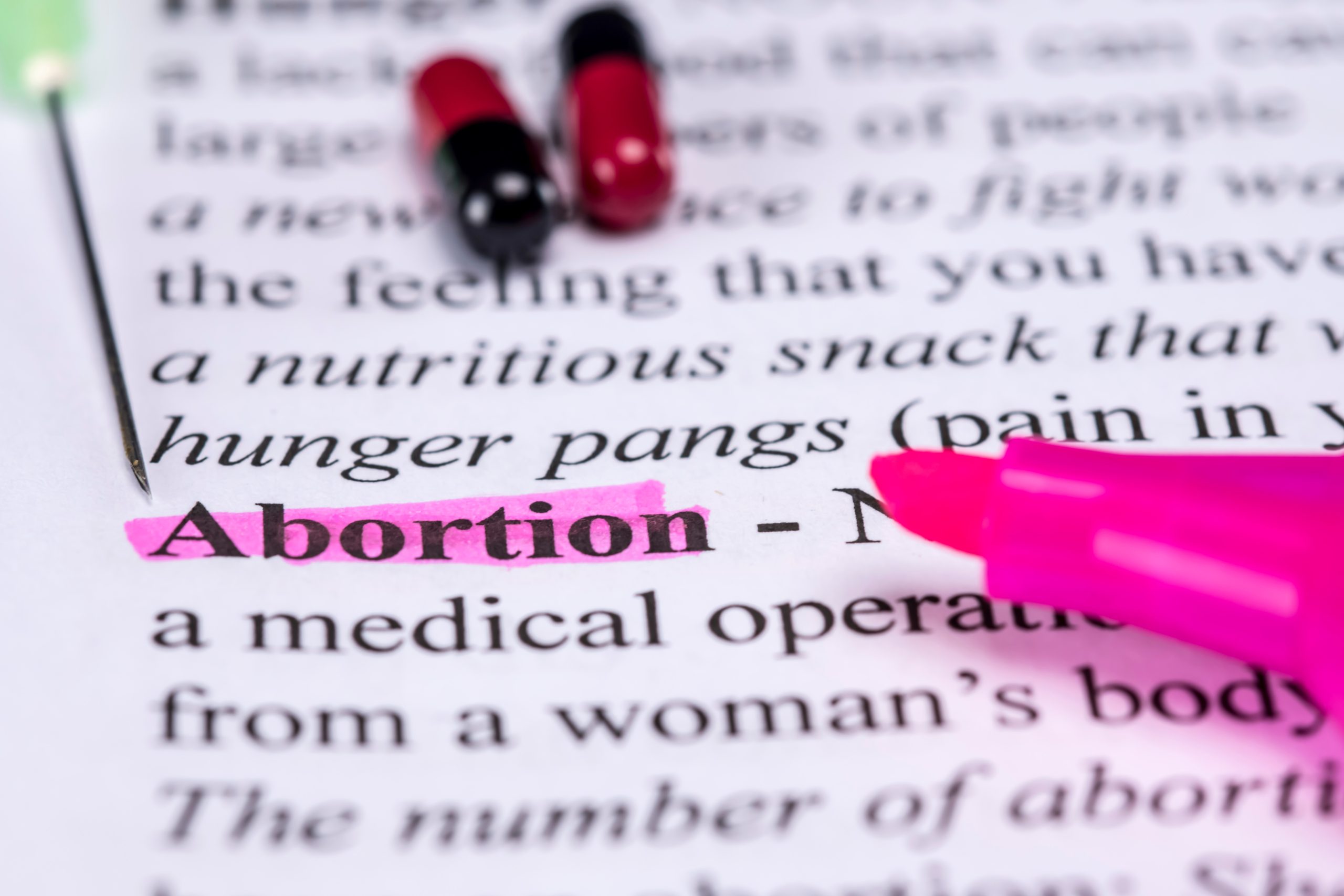Are there different ways to end a pregnancy?
If you are pregnant and did not plan it, it is important to educate yourself on the different methods to terminate a pregnancy. Termination of a pregnancy, also known as an abortion, is based on how many weeks you are into the pregnancy. This is why it is important to start with a full medical confirmation of pregnancy and get your estimated number of weeks. Then you can review the types of procedures and options available to you. You can have an abortion, create an adoption plan, or choose to keep the baby.
Abortion is a medical procedure used to terminate a pregnancy. If you’re thinking about it, you should review the procedure, risks, and side effects and laws related to your options in Pennsylvania.
Before an Abortion
Before an abortion, it is important to verify pregnancy with an ultrasound. Pregnancy tests are an accurate way to verify pregnancy because they detect a hormone called HCG that is released during pregnancy. However, High HCG levels don’t guarantee a viable pregnancy, so ultrasound is the best way to confirm it.
An ultrasound will also confirm the gestational age. The gestational age is the medical term for determining how many weeks along the pregnancy is. Your gestational age will determine what type of abortion procedure you may be able to receive.
At the Community Women’s Centers, we can provide you with a free medical grade pregnancy test, a confidential information session and ultrasound.
Learn more about abortion types and procedures in the topics below:
Medical Abortion Pills
Medical Abortion Pills
The abortion pill is a medical, non-surgical form of abortion performed during the first trimester of pregnancy. In this abortion type, a woman will ingest two different pills. A woman takes Mifepristone to stop progesterone, a hormone that supports pregnancy.
Second, 24 to 48 hours after Mifepristone, a woman will take a drug called Misoprostol. This drug causes contractions and bleeding to expel the embryo from the womb. One to two weeks later, the woman will have a second visit with her abortion provider to confirm the abortion was complete.
The drugs are approved by the FDA for use up to ten weeks after a woman’s last menstrual period.
Surgical Abortion
There are three different kinds of surgical abortions, depending on the stage of pregnancy.
Aspiration Abortion
An aspiration abortion is performed in the first trimester of pregnancy, typically between five to thirteen weeks after a woman’s last menstrual period. In this procedure, a woman’s cervix is dilated, and a suction machine is inserted into the uterus to remove the embryo from the uterus, and a sharp tool called a curette is used to scrape out remaining tissue and other contents from the uterus.
Dilation and Evacuation (D & E) Abortion
A D&E abortion is performed in the second trimester of pregnancy, between 13-24 weeks after a woman’s last menstrual period. In this procedure, a woman’s cervix is dilated, and the fetal parts are pulled out with forceps. The fetus’ skull is crushed to ease removal, and a sharp tool called a curette is used to scrape out remaining tissue and other contents from the uterus.
Dilation and Evacuation (D&E) Abortion After Viability
A D&E abortion after viability is performed from 21 weeks and up after a woman’s last menstrual period, and is often a risk to the health and life of the mother. In this procedure, drugs may be inserted into the fetus or amniotic sac to stop the baby’s heart from beating. After, a woman’s cervix is dilated, the amniotic sac is broken, and forceps are used to dismember the fetus. In an “Intact D&E” abortion, the fetus is pulled out legs first, then the skull is crushed and the fetus is removed in one piece.
There can be many side effects women face after an abortion. Emotional side effects include: depression, anxiety, grief, lowered self-esteem, regret, anger, suicidal thoughts, nightmares, loneliness, isolation, relationship issues, drug or alcohol abuse and sexual dysfunction. These side effects may appear immediately, or over a period of time after an abortion.
It is important that you talk with someone before making the choice to have an abortion. This could be family, friends, a medical professional, or a counselor to help you better understand the decision you are making. Our team at the Community Women’s Centers can help. Schedule an appointment today.


